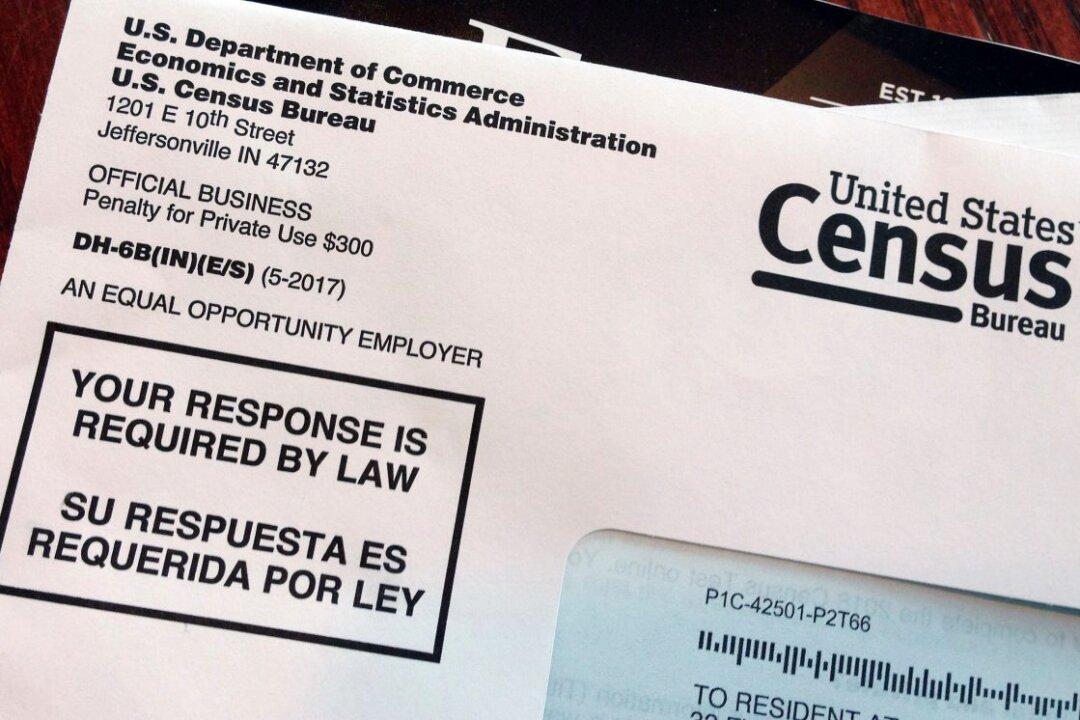A federal court trial began on Jan. 7 in San Francisco, California, against the Trump administration’s decision to reinstate a citizenship question into the 2020 Census.
The trial, comprising of two related cases, challenges the department’s decision to re-insert a question that asks people to provide their citizenship status. This question was last asked in 1950.




